Independence Day 2018: Five Indian scientists who made us proud
Happy Independence Day 2018: Teach your kids about these Indian scientists and their important work.
From science to philosophy, the people of India have proved their expertise in every field of work, time and again. The experts made significant contributions to their respective fields, gaining attention globally. On the occasion of the 72nd Independence Day, make your kids feel proud of their nation by introducing them to these prominent Indian scientists and their work.
CV Raman

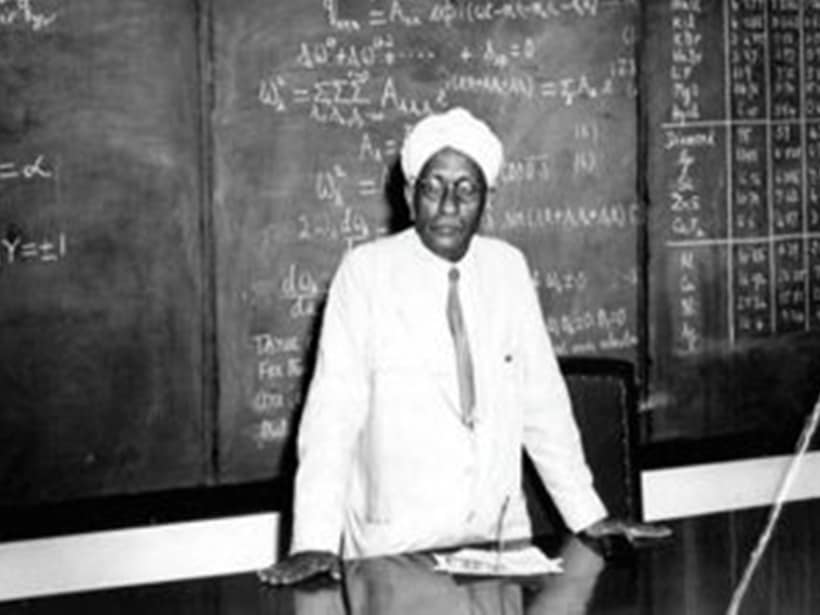
Born on November 7, 1888, in the former Madras province (presently the state of Tamil Nadu), Sir Chandrasekhara Venkata Raman was a celebrated physicist. He is known for his work in the field of light scattering, which came to be known as Raman scattering. He was awarded the Noble Prize for Physics in 1930. He was also honoured with the Bharat Ratna in 1954.
Homi J Bhabha

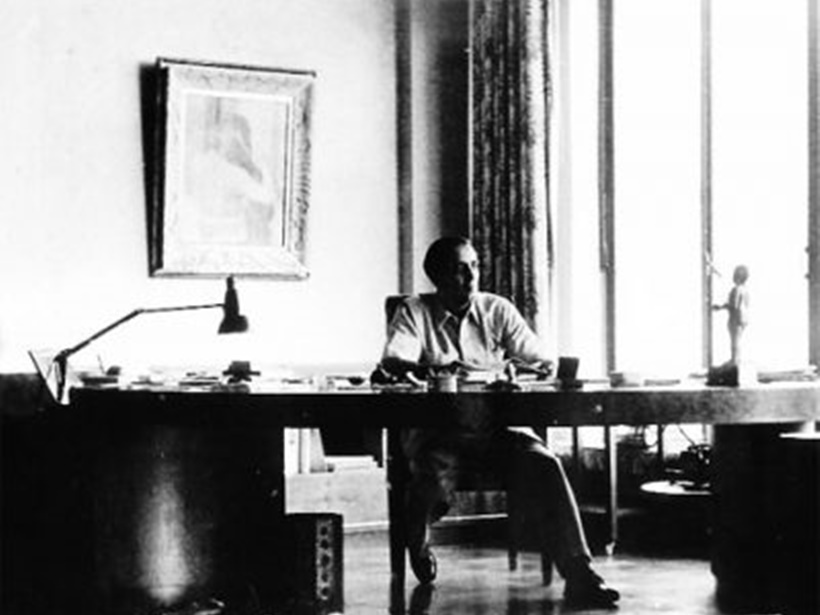
Dubbed the “father of the Indian nuclear programme”, Homi Jehangir Bhabha was an Indian nuclear physicist born on October 30, 1909 to a Parsi family in Mumbai. He was the founding director of the Atomic Energy Establishment, which was later named the Bhabha Atomic Research Centre. He was also the founding director and professor of physics at the Tata Institute of Fundamental Research. He is remembered for his contributions to quantum theory and cosmic radiation.
APJ Abdul Kalam

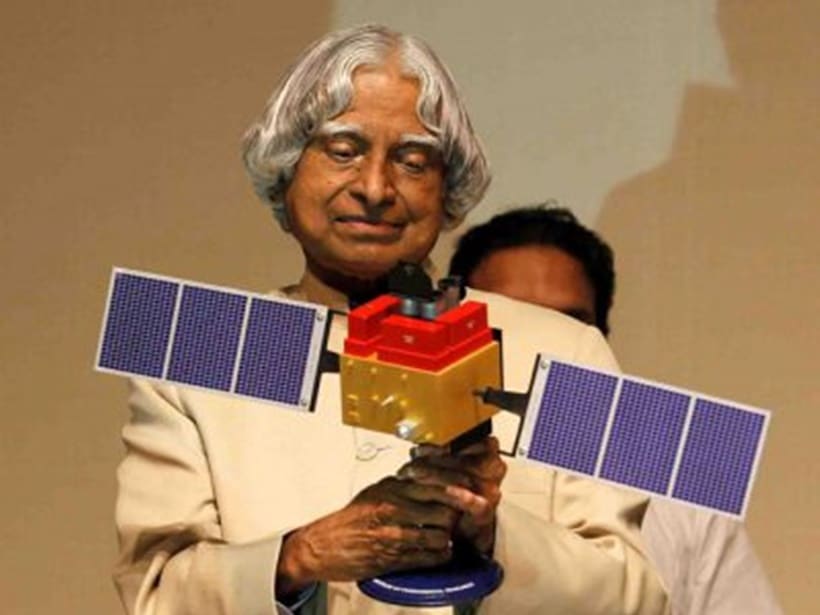
Avul Pakir Jainulabdeen Abdul Kalam was an Indian scientist born on October 15, 1931, in Rameswaram, Tamil Nadu. He was actively involved in India’s civilian space programme and military missile development efforts. He was dubbed the Missile Man of India for his work on the development of ballistic missile and launch vehicle technology. In 2002, he was elected as the 11th President of India and was widely referred to as the ‘People’s President’. He was also honoured with the Bharat Ratna in 1997.
Vikram Sarabhai

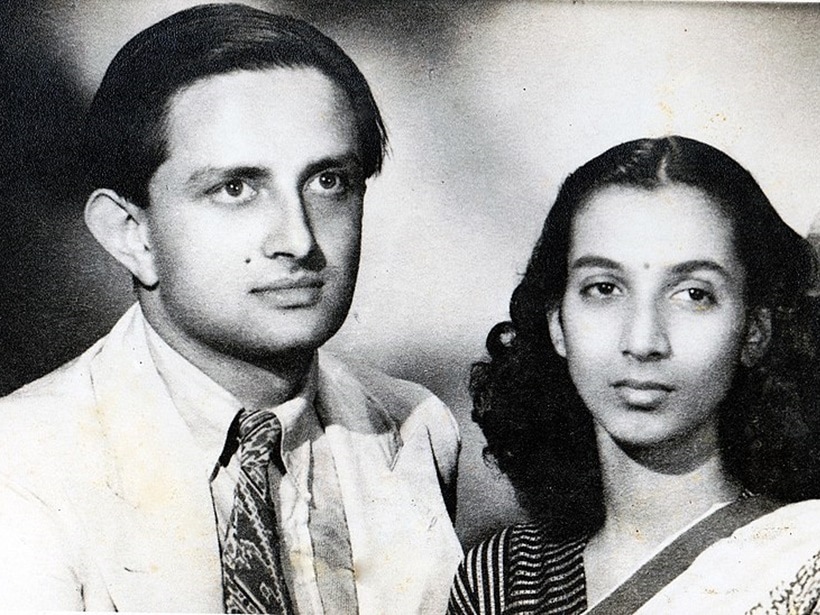
Born on August 12, 1919, in Ahmedabad, Indian scientist and innovator Vikram Sarabhai was widely regarded as the father of India’s space programme. The establishment of the Indian Space Research Organisation (ISRO) in 1969 was one of his greatest achievements. He founded the Physical Research Laboratory in Ahmedabad in 1947. He was awarded Padma Bhushan in 1966 and Padma Vibhushan posthumously in 1972.
Jagadish Chandra Bose

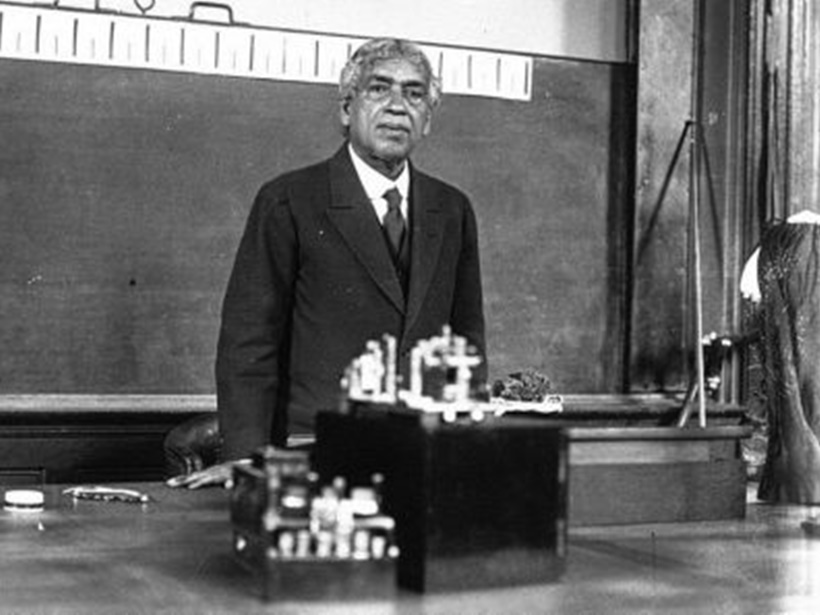
Born on November 30, 1858, in Munsiganj in present-day Bangladesh, Sir Jagadish Chandra Bose was a physicist, biologist, biophysicist, botanist and archeologist, and an early writer of science fiction. He is considered the father of Bengali science fiction. He invented the crescograph, a device for measuring the growth of plants. A crater on the moon has also been named in his honour.
Source: Read Full Article


